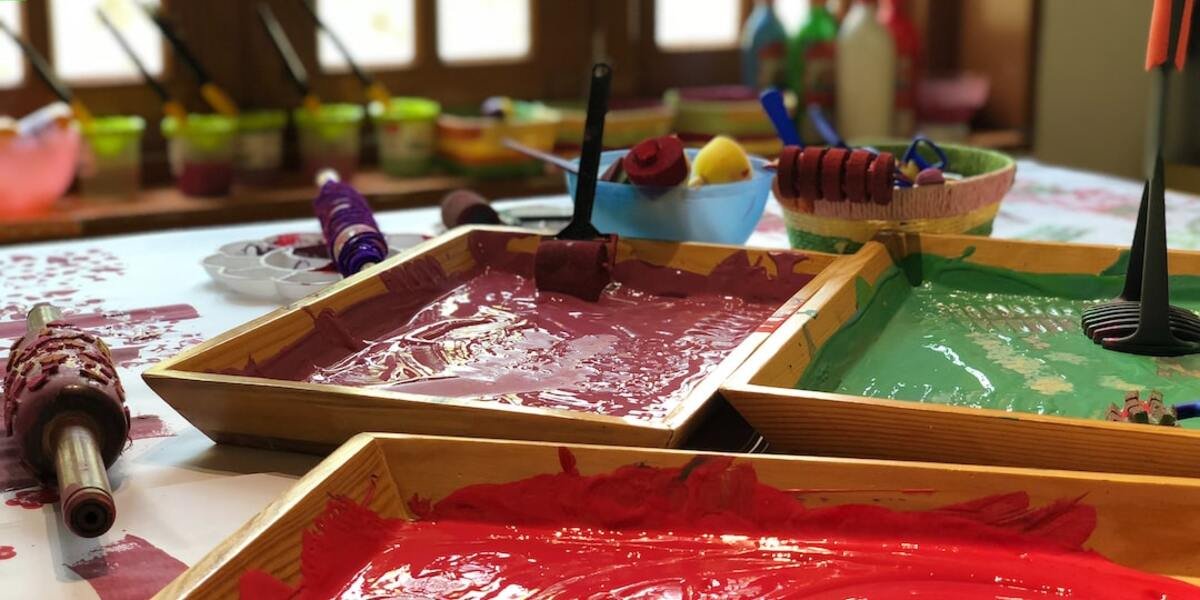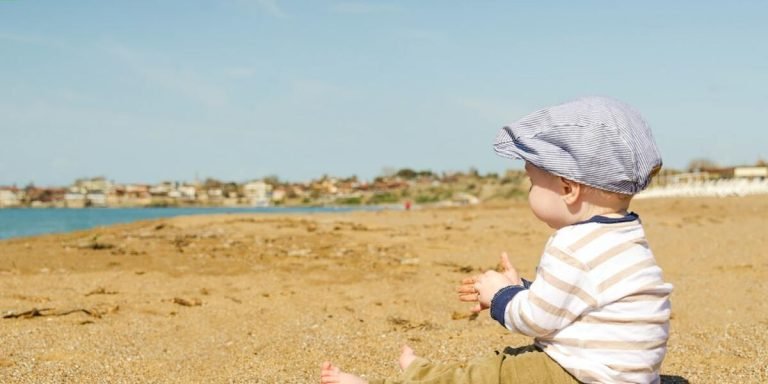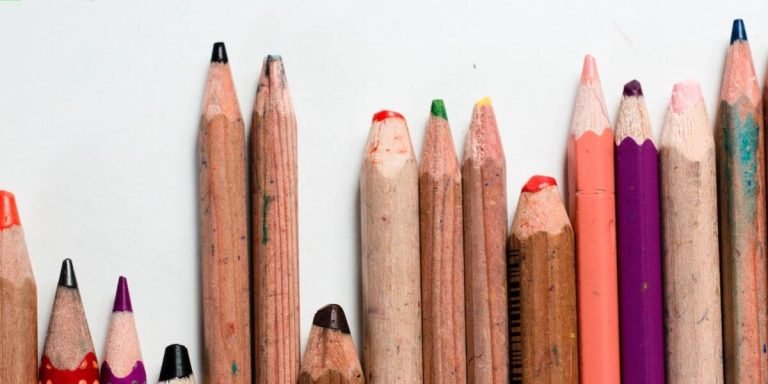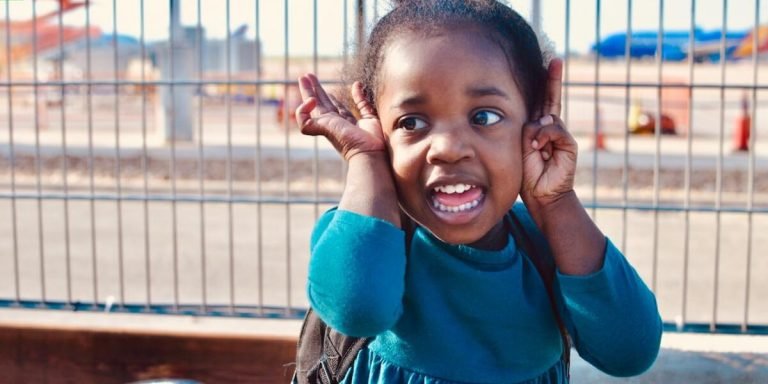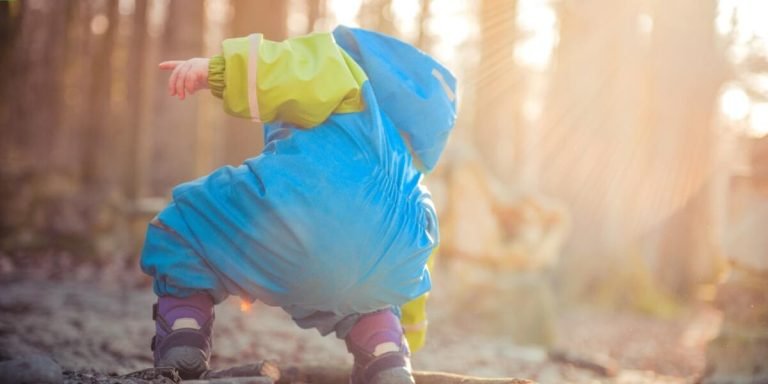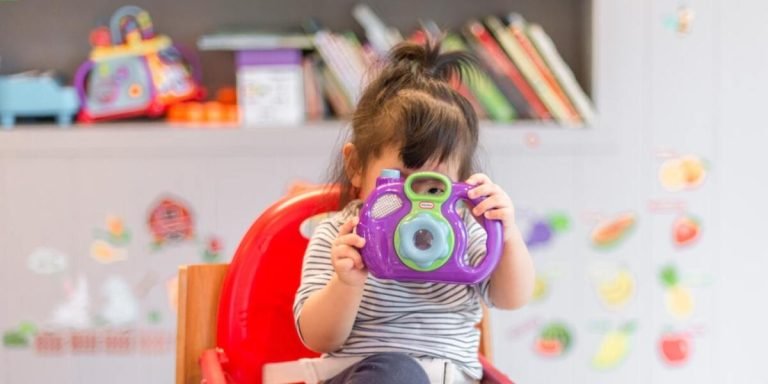Kindergarten: A Crucial Stage in Children’s Early Education
Kindergarten serves as a pivotal junction in your child’s educational journey. It brings to light the importance of early childhood education, providing youngsters with opportunities not just for academic learning but also social and emotional development. The significance of kindergarten goes beyond basic alphabet and number familiarity; it forms the groundwork for their future advancement.
Early childhood is characterised by immense brain growth that shapes cognitive, social-emotional skills along with physical health. At this stage, children are like sponges soaking up various experiences around them which moulds their personality traits later on in life. It’s here where Kindergarten plays its crucial role – acting as the bridge between play-based preschool learning environments to more structured elementary school curricula ensuring seamless transition while keeping alive children’s natural curiosity.
Did you know?
Did you know that the concept of Kindergarten was created by German educator Friedrich Froebel in 1837 and it originally focused on play and activity as a method for early childhood learning?
Understanding the Importance of Early Childhood Education
The significance of early childhood education, notably kindergarten, cannot be overstressed in our current society. Kindergarten serves as a crucial stage that bridges the gap between home and formal schooling while equipping children with essential life skills. In 2023, it’s become increasingly evident how this vital foundational level can shape kids’ future scholastic achievement and overall personal development.
Kindergarten provides an arena where youngsters learn social interaction through play-based activities alongside academics. It introduces them to numeracy and literacy elements in a structured yet fun-filled environment that naturally sparks their curiosity and thirst for knowledge. Moreover, children cultivate critical thinking abilities during these formative years which would prove beneficial as they progress on the educational ladder.
Notably, research consistently shows strong links between high-quality kindergarten experiences and long-term success within academic scenarios but also various aspects of broader life indicators such as emotional health or employment prospects later down the line. Therefore, understanding its importance is not only beneficial for educators but parents too–as decision-makers regarding young learners’ first steps into academia.
The Role of Kindergarten in Child Development
Kindergarten serves as a bridge between early childhood years and formal education. It lays a crucial foundation for your child’s academic journey by fostering cognitive, emotional, and social development. Here is how kindergarten plays an instrumental role in early childhood education.
Firstly, it provides an environment that nurtures curiosity about the world around them. With its considerate blend of structured learning and play-based activities, kindergartens stimulate young minds to ask questions and seek answers thus reinforcing their understanding of fundamental concepts such as numbers or letters.
Key Milestones in Early Learning Programs
Kindergarten is an essential phase in a child’s scholarly journey, especially as it serves to mold and shape their initial educational experience. As we delve into the key milestones of early learning programs in 2023, understanding these stages becomes critical for parents and educators alike.
The very first milestone that kindergarteners encounter revolves around developing fundamental cognitive skills. This typically involves recognizing basic colors and shapes while also starting to comprehend numbers up until ten at least. The acquisition of this knowledge sets a baseline for future complex reasoning.
Another crucial segment is motor skill development which surfaces prominently during the kindergarten year. These include mastering tasks like holding pencils correctly, cutting along lines with safety scissors or even simple acts like zipping up their bag – activities designed not only to foster independence but strengthen hand-eye coordination too.
Then comes language exploration – yet another significant groundwork laid in kindergarten classrooms, where children start building vocabulary beyond regular conversational terms they’re already familiar with from home surroundings. They begin forming coherent sentences verbally & written-wise under watchful teacher guidance who employs various methods such as storytelling sessions or engaging word games each day.
Peer interaction forms perhaps one of the most pivotal academic foundation stones within early childhood education setup –kindergarten being no exception here! Kids learn how respectful group dynamics operate by constantly interacting both inside classroom confines (during art projects/co-curricular activities) outside on playgrounds fostering good social habits integral towards personal growth overall!
Curriculum Essentials for Effective Kindergarten Teaching
The curriculum is the beating heart of any educational system, and kindergarten is no exception. As children embark on their formal education journey in 2023, it’s crucial to ensure they step into classrooms that are rooted in carefully crafted curriculums. These curriculums should be designed with an understanding of early childhood development principles and cognizant of the rapidly changing world around them.
A compelling kindergarten curriculum goes beyond academic basics such as numeracy or literacy; it encapsulates a holistic approach to cater for every facet of child growth. It recognizes kindergartners as active learners who are curious about discovering new skills while fostering their social-emotional competence alongside cognitive development. This balanced focus helps create a nurturing environment where our youngest scholars can thrive.
Moreover, technology integration has come up front-and-center amidst modern-day teaching strategies due to its potential in enhancing learning outcomes significantly, making digital literacy an integral part component within effective kindergarten instruction now more than ever before. With this evolution there lies immense responsibility towards educators – not only do they have to impart foundational knowledge but also inspire innovation among these young minds stepping fresh into the digital era.
Core Subjects and Skills for Young Learners
In the journey of early childhood education, particularly at the kindergarten level, certain core subjects and skills hold significance in molding a well-rounded educational experience. As we navigate through 2023’s ever-evolving pedagogical landscape, let’s become aware of these critical learning areas.
Firstly, it’s undeniable that literacy forms an integral part of primary learning. In Kindergarten settings, children begin to grasp basic reading techniques along with vocabulary expansion exercises. They are introduced to alphabets which lead on to word recognition activities all aimed at fueling their curiosity for knowledge acquisition.
Next is Mathematics – another fundamental subject which aids exact thinking processes among youngsters. Here they encounter numbers as representatives alongside associated operations like addition and subtraction using fun-filled methods such as tangible objects or visually engaging number lines.
Then comes Science; despite its complexity when compared against literacy or mathematics within kindergartens’ scope nonetheless serves significant importance by instilling discovery senses amongst kids – look beyond what meets the naked eye in terms of understanding plant life cycles down till observing weather change patterns throughout different seasonality periods present across years!
Incorporating Play-Based Learning into Daily Activities
As educators or parents navigating the educational journey in 2023, it’s important to remember that children learn best when they’re having fun. Making ‘play’ an integral part of their routine can stimulate cognitive growth while fostering social and emotional skills.
One impactful way to do this is by transforming lessons into engaging games or playful activities — maths could be taught through number-based puzzles; language abilities could be enhanced via story-telling sessions; science experiments may turn into exciting adventures exploring the natural world around them.
Crafting regular routines such as snack-time or clean-up hours also serve dual functionalities – besides marking structuring time-spans during the day, these become opportunities where children exhibit responsibility, decision-making capability and teamwork – all essential life skills learnt amidst laughter and banter.
Remember though: It’s not about filling every minute with activity but creating thoughtful spaces where curiosity thrives naturally inside our little explorers’ minds.
Popular cultural trends like digital gaming apps specifically designed for kindergarteners should ideally supplement rather than replace traditional hands-on experiences on sandpits paint-fests etc., technology being no substitute for human interaction plus tactile sensorial exploration which form two critical dimensions within ‘learning-by-playing’.
Evaluating Progress in the Kindergarten Classroom
Assessing the strides made in a kindergarten classroom is an integral part of early childhood education. It’s not about grading children or creating competitiveness but rather understanding each child’s unique developmental journey. In this age bracket, progress isn’t just about academic achievements; it encompasses physical growth, emotional development, and social skills too.
In most kindergartens today, teachers maintain continual observation protocols to gauge their students’ pace of learning effectively. They use tools like portfolios filled with pupils’ work over time and anecdotal records detailing incidents that reflect a child’s behavior or abilities.
The data gathered from these methods can provide parents and educators with rich insights into how well the young learners are adapting to school routines in 2023 & beyond while acquiring basic literacy and numeracy skills needed for primary grades.
Remember that kindergarten classrooms should ideally be warm hybrids of playtime joy merged seamlessly with structured teaching moments – places where kids feel safe enough to explore knowledge without fear of failure because every stumble here eventually leads them towards successful lifelong learning habits!
Methods for Assessing Children’s Educational Growth
Assessing a child’s educational growth in kindergarten can be challenging for parents and educators. However, certain tried-and-true methods facilitate the process efficiently while staying true to early childhood education principles.
One of these methods is observational assessment. It involves watching and noting social interactions or behavioural patterns during classroom activities like free play, artwork creation etc., by which children most honestly express themselves in a natural setting. This method allows teachers to notice developmental milestones as well as areas where more support might be required.
Next comes portfolios; an organized collection showcasing progress over time that serves as physical evidence of learning progression throughout the school year (2023). Portfolios typically contain samples of child’s work such as drawings, writings and other creative projects allowing one-on-one evaluation without pressurizing your young learners.
Another reliable approach is parent-teacher conferences – A collaboration involving open conversations about academic achievements alongside behavioral observations at school and home alike helps gather comprehensive insights into a student’s development level.
In 2023 kindergartens are also increasingly reverting to digital tools featuring interactive content designed specifically keeping “early childhood education” requirements on their radar enhancing evaluations with feature-specific advancements like auto-tracking individualized histories thereby eliminating chances for skewed subjective decisions based on limited memory recollection instances seen sometimes even from best-intended human evaluations.
Supporting Diverse Needs Through Individualized Learning Plans
In any kindergarten classroom, you’re likely to see a myriad of little faces representing diverse backgrounds, learning styles and abilities. That’s the beauty of early childhood education: it’s not a one-size-fits-all approach but rather an individualized journey tailored for each child. In current year 2023, supporting these diverse needs through Individualized Learning Plans (ILPs) has become more significant than ever.
The concept behind ILP is simple yet highly effective – understand that every child learns differently and at their own pace. Hence we need strategies designed with flexibility in mind to cater to this diversity effortlessly.
Firstly, identifying children’s strengths and weaknesses plays a pivotal role in drafting an effective ILP. As educators or parents, observing the kids while they are engaged in various activities can offer us key insights about where they excel and where they struggle.
Secondly – set realistic goals based on these observations which should be both attainable and challenging so as not to stifle their enthusiasm nor overwhelm them with impossible tasks . Goals could range from improving hand-eye coordination skills by tracing shapes , expanding vocabulary by introducing new words weekly or enhancing social interaction via group games .
COLLABORATION is paramount when setting up an ILP for your kindergarten student . Parents , teachers along with school psychologists if required should come together ensuring all areas impacting growth – psychological well-being,social circumstances etc., are considered along side academic performance.
Conclusion
As we wrap our exploration of the kindergarten stage, it’s clear that this pivotal year lays a solid foundation for future learning and development. The skills acquired during kindergarten have far-reaching impacts on children’s lifelong joy in education. This just underpins how key decisions made at this level could shape your child’s educational journey.
Don’t let the learning stop here! Dive deeper into other stages of childhood education or explore resources aimed at empowering parents and educators right here on our website. Let us collectively strive to make these formative years intellectually rewarding as well as full of fun for every kindergartener out there!

